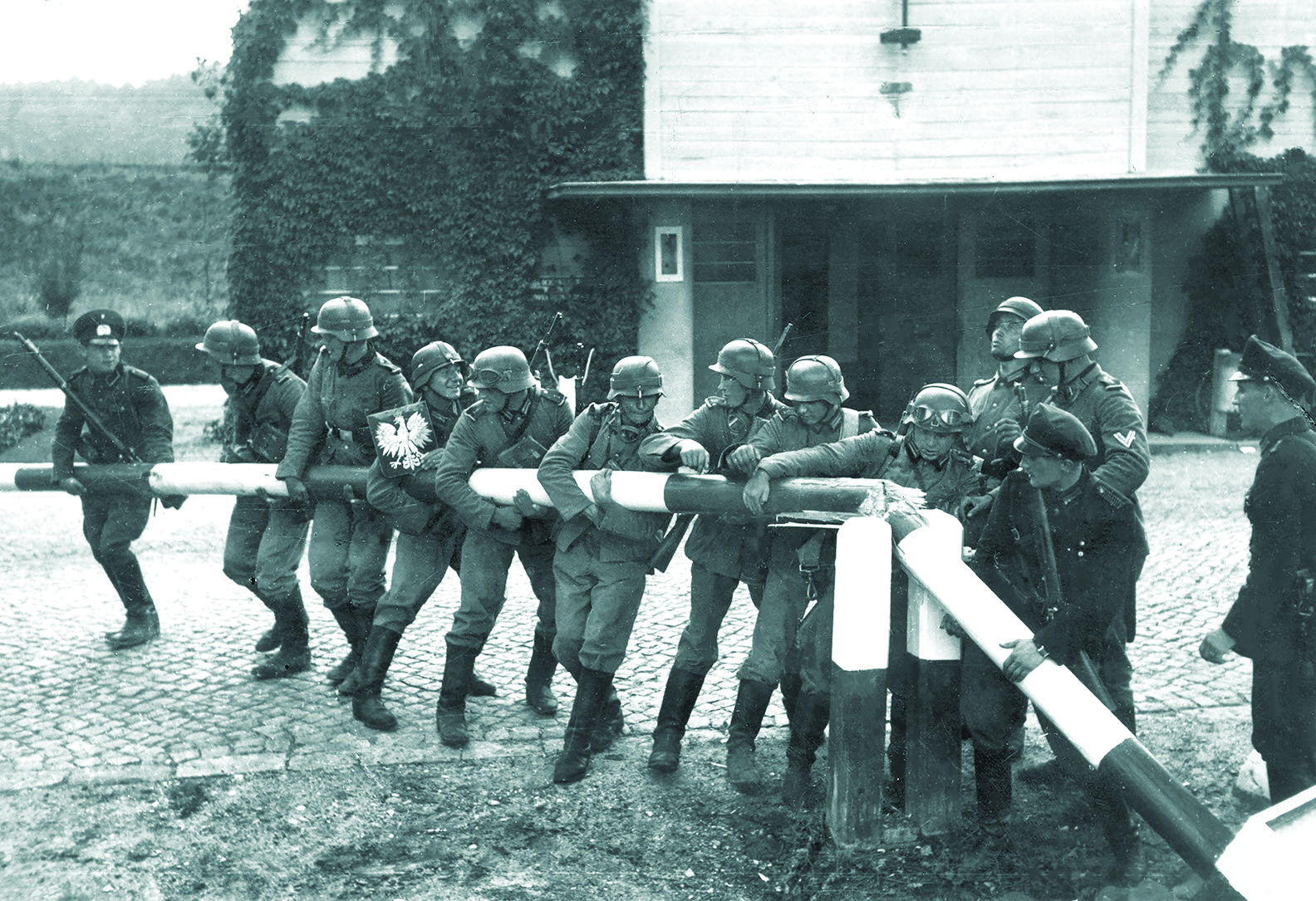WHEN HITLER LAUNCHED HIS ATTACK on Poland on September 1, 1939, igniting World War II, the disparity between invader and defender could not have been greater. The Germans enjoyed a 5-1 advantage in aircraft and a 3-1 advantage in artillery and tanks; plus, Polish hardware was hardly comparable. My father, a Polish cadet officer at the time, led a platoon equipped with castoff World War I Renault tanks. They had no chance against the Panzers that quickly overwhelmed them.
But it wasn’t just Germany’s superior firepower that doomed Poland to defeat, explains British historian Roger Moorhouse in his compelling account of Germany’s September campaign against the first country that dared to fight rather than submit. Britain and France had vowed to defend Poland; yet aside from formally declaring war on Germany on September 3, they largely stood by and watched their ally get crushed. Whatever hopes the Poles still had for survival swiftly evaporated when Red Army troops invaded from the east on September 17, carving up the country as agreed under the terms of the German-Soviet Pact signed less than a month earlier.
Although often scattershot and poorly coordinated, the Polish defense was far more valiant—and inflicted more casualties—than their invaders expected. After one battle, a German 7th Army Corps report acknowledged: “Brave lads, these Poles.” An SS officer also praised their enemy’s courage, pointing out that they “proved repeatedly they know how to die.”
Such tributes, however, did nothing to lessen the invaders’ savagery in what they saw as a race war. German forces viewed Poles and other Slavs as Untermenschen: subhumans who could be slaughtered at will. Any pretext was good enough to justify mass executions and destroyed villages.
While Jews were often singled out by Hitler’s troops, the Holocaust had yet to begin in earnest. But as Moorhouse illustrates, everything that happened during this opening act of the war—including the terrors simultaneously experienced by Poles in Soviet-occupied territory— offered a preview of larger horrors to come. ✯
—Andrew Nagorski is the author, most recently, of 1941: The Year Germany Lost the War (2019).
This article is published in the October 2020 issue of World War II magazine.

